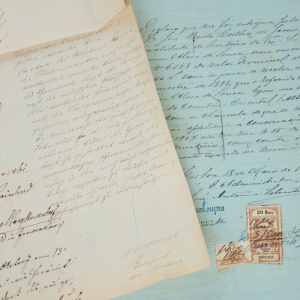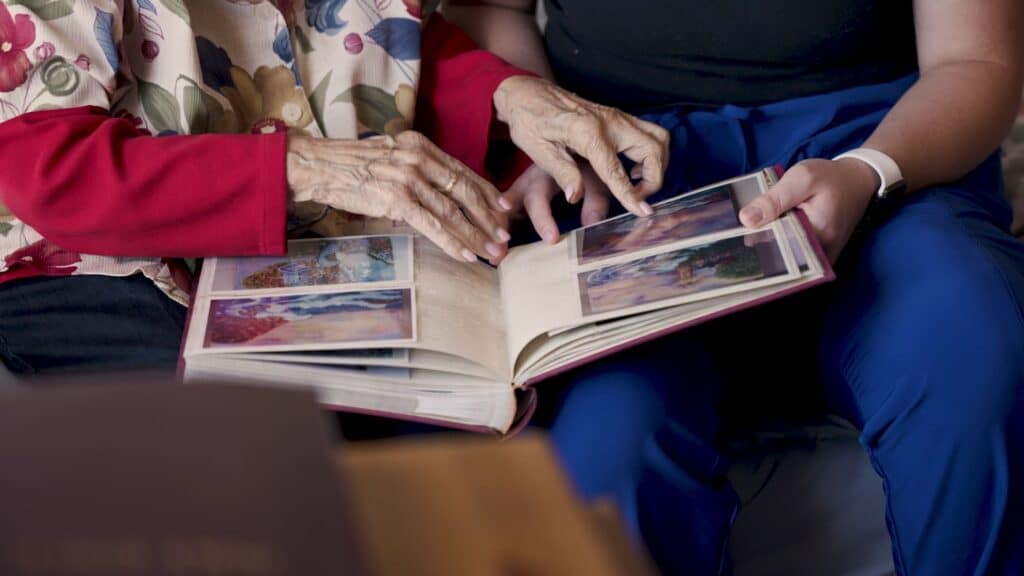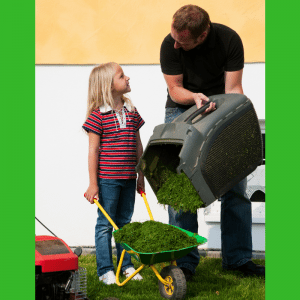Gift Giving on a Limited Budget

As most of you reading this have discovered by now, growing older is not always cheap! Even with good financial planning, good insurance and a somewhat good bill of health, there are unexpected things that can come up and break the bank pretty quickly. Because of this, it can make birthdays and gift giving at other holidays all the more stressful. The bad news might be that you find yourself in the position of not being able to spend much, if anything, on gifts for those you love. The good news is that there are options other than buying expensive gifts that are open to you if you are able to take the time to look.
The Gift of Food
Food can be a very economical gift to give if you’re on a tight budget. You could bake sweets before a gathering and box them up. Or create your own baking mixes or spice mixes and put them into jars to be use. You might even go so far as to make a few freezer meals that would be of great benefit for other people with busy schedules so that they could just pull it out of the freezer, thaw and cook for a real meal. If you wanted to do something like this, you’d need to be sure that the person(s) in question do not have any particular food allergies. If you’re unsure, always provide an ingredient list to those who will be receiving the gift.
The Gift of Time
Many people do not realize how valuable the gift of time may be to another person. If you are older, but greatly enjoy cooking, perhaps you could offer to cook a few meals for a growing family that is busy. If you enjoy reading children’s stories, have someone help you start an account on YouTube where you can record yourself reading to your young family members so that you are able to read to the children even if you’re not able to be physically present at the time. Even better, set aside time each week to video call or Zoom call your younger family members.
Another avenue is to think through things that you’re good at, or things that you’ve done for work in the past and offer services in those areas. Perhaps someone could benefit from your tax knowledge and would love to not have to pay someone to do their taxes if you’re able to do it. Maybe someone could use help with mending clothes or framing a window. Do not think that just because you’re aging that you cannot offer your knowledge and skills to those that would appreciate it.
Personal History & Diaries
A very thoughtful and inexpensive gift for those close to you might include a small book of memories of them. You could begin writing in advance so that it would not become a chore, but rather a delightful walk down memory lane. Include some photographs if you have them. If you are quite elderly, perhaps a book of memories and stories of your childhood would be in order for those younger ones in your family. Include the struggles that you’ve gone through, things that have helped you remain positive in order to overcome defeat and maybe even some inspiring quotes or pictures. This gift is greatly appreciated by loved ones and could prove very helpful for them if you are related and you include a bit of anecdotal health history, as well.
Books
Books are generally inexpensive and can be given with the recipient in mind. If you know hobbies or interests that they enjoy, they are sure to love books that you give them on the subject. If you do not know their interests well, you could always give them a book that you’ve found enjoyable, inspiring or helpful. E-books can also be very economical (sometimes less than $1.00) for those of your friends and family who enjoy reading on a digital device.
Love
At the end of the day, all that people really want most is to know that you care. If you show love and care for them, there is no greater gift that you could give and there is no greater gift you could hope to receive.

 Have you ever
Have you ever


